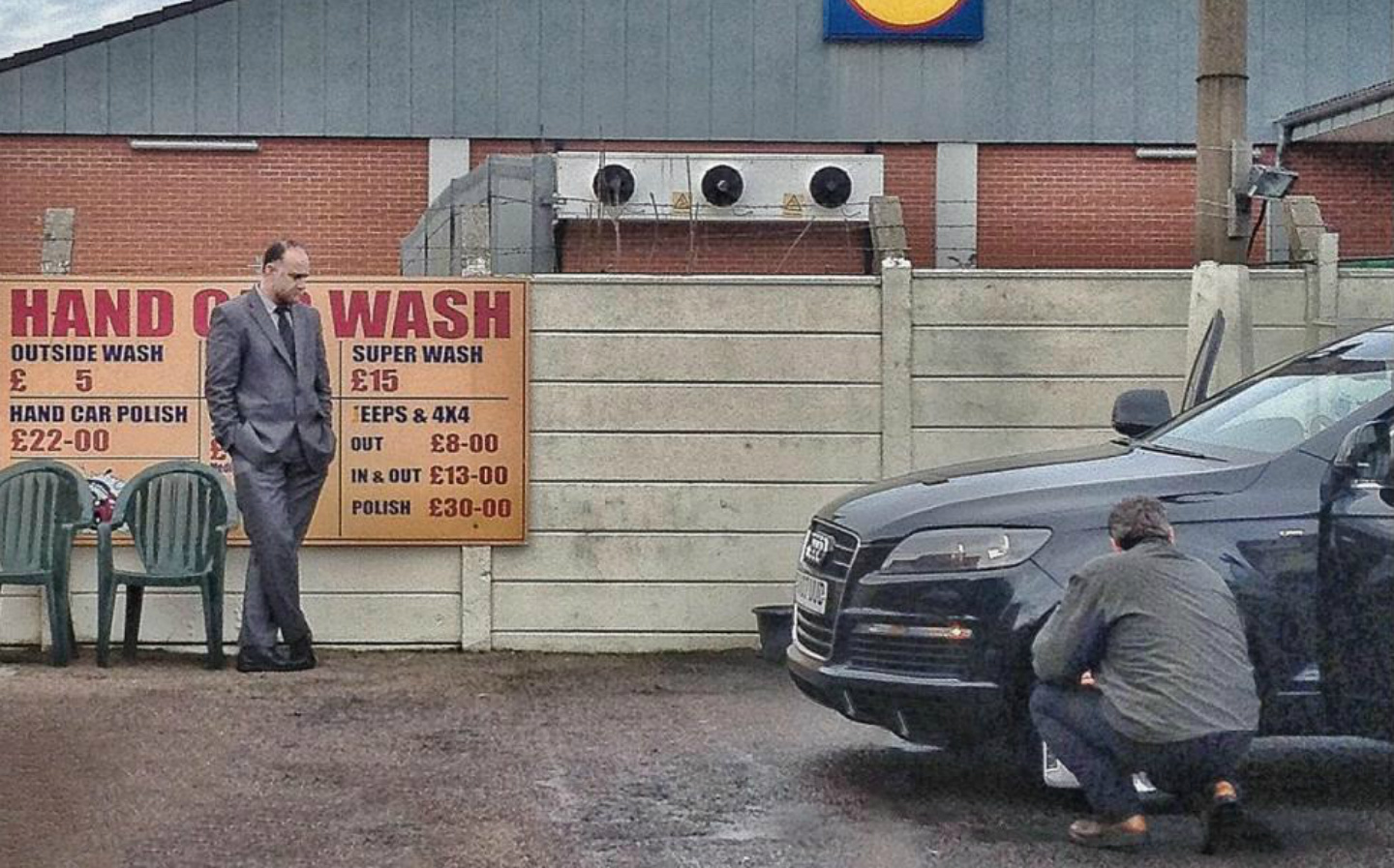Opinion: It’s time hand car washes cleaned up their act
Environmental audit committee launches enquiry into hand car washes
OVER THE last 15 years hand car washes have become a familiar sight in car parks and forecourts across the UK. There are anywhere between 10,000 and 20,000 in operation and they can be set up almost anywhere. They are an alternative to automatic car washes. Some are responsible employers and operate environmentally-friendly car washes. But others exploit workers, avoid taxes and harm the environment. Today, my committee is launching an inquiry into the hidden cost of hand car washes.
How do hand car washes harm the environment? The by-products – waste water, cleaning chemicals, oil, dirt and other contaminants – can pollute rivers, streams and groundwater. Cleaning agents used to wash vehicles can have a devastating impact on wildlife and plant life and people if not handled correctly. Waste water removal systems in automated car washes can cost up to £25,000 and are subject to strict planning regulations.
Even if a hand car wash is found to be in breach of environmental regulations, it is easy for them to shut up shop, move and re-open down the road.
Browse NEW or USED cars for sale
There are also concerns that some rogue operators are complicit in modern slavery. Kevin Hyland, the independent anti-slavery commissioner, has said they are a “major area of concern”, and there are worrying reports of labour exploitation.
Employees may be poorly paid and forced to work long hours with no personal protective equipment. Recent raids by the Gangmasters and Labour Abuse Authority (GLAA) in Nottingham uncovered a number of possible cases of modern slavery. In January last year, a car wash attendant died by electrocution while living in unsafe accommodation attached to the hand car wash where he worked in Bethnal Green.
Recent raids in Nottingham uncovered a number of possible cases of modern slavery
Hand car washes pop up and disappear overnight, so we have little information about their numbers, employees and working practices. There is also little knowledge about the relationship between hand car washes, exploitation of workers and human trafficking, nor how this issue is approached in other developed nations.
The environmental audit committee look across government at environmental protection and sustainable development. Hand car washes cross environmental, worker, and taxation laws. They are a Cinderella industry, with modern slavery hidden in plain sight. The public deserve to have confidence that when they use a hand car wash they are not supporting modern slavery or people trafficking. The government has signed up to the UN’s Global Goals, which include a commitment to “decent work”. Our inquiry will ask if hand car washes are compatible with that.
Mary Creagh is chairwoman of the environmental audit committee
This article first appeared in The Times





